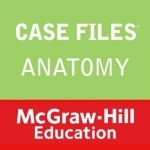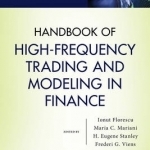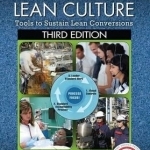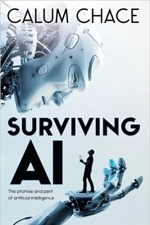
NCLEX Test Bank 5500 Notes & Quiz (Nursing)
Education and Medical
App
GET 4 apps for the price of 1. For the seek of Knowledge sharing & in order to give our learners a...

Hompath FireFly Prime-Homeopathy & Materia Medica
Medical and Health & Fitness
App
Hompath FireFly Prime is a Homeopathy Repertory Software, with 11 repertories including Q-Rep,...

Case Files Pathology, 2nd Ed. LANGE
Medical and Education
App
The Case Files series is an award-winning learning system proven to improve exam scores. This series...

Biomedical Engineering (BME): 2200Study Notes & Quiz
Medical and Education
App
This is a Combination of sets, containing practice questions and study cards for BME preparation. ...

Case Files Anatomy 3rd Edition, Lange CF
Medical and Education
App
Learn anatomy in the context of real-life patients and prepare for the boards. Experience with...

MDCalc Medical Calculators
Medical and Health & Fitness
App
Join the 1 million+ medical professionals who use MDCalc daily to support clinical decision making...

Handbook of High-Frequency Trading and Modeling in Finance
Ionut Florescu, Maria C. Mariani, H. Eugene Stanley and Frederi G. Viens
Book
Reflecting the fast pace and ever-evolving nature of the financial industry, the Handbook of...

Creating a Lean Culture: Tools to Sustain Lean Conversions
Book
Winner of a Shingo Research and Professional Publication Award The new edition of this Shingo...

Data Mining for Business Analytics: Concepts, Techniques, and Applications with JMP Pro
Galit Shmueli, Nitin R. Patel, Peter C. Bruce and Mia L. Stephens
Book
Data Mining for Business Analytics: Concepts, Techniques, and Applications with JMP Pro(R) presents...

Surviving AI: The promise and peril of artificial intelligence
Book
Artificial intelligence is our most powerful technology, and in the coming decades it will change...